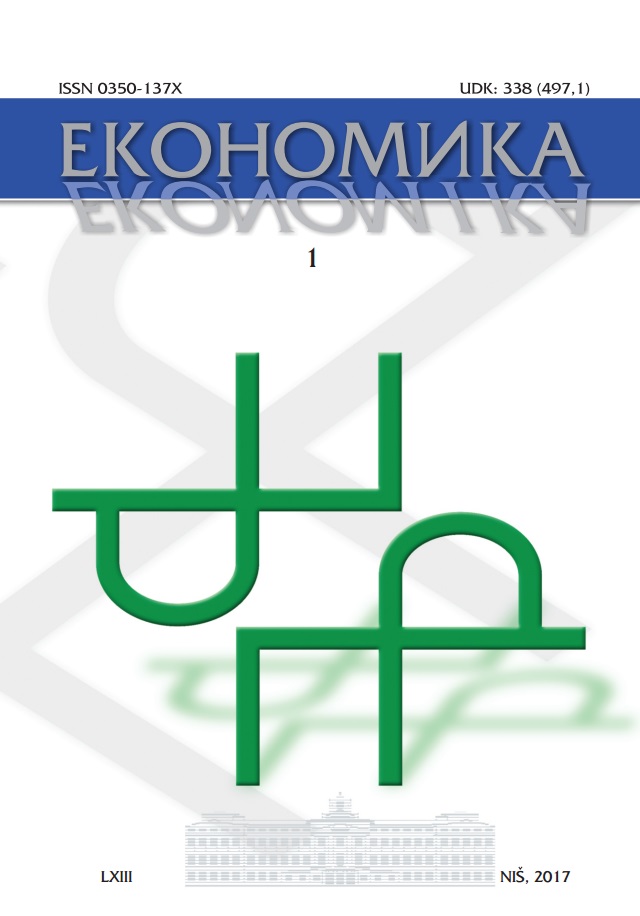INTELLECTUAL CAPITAL: CHARACTERISTICS AND SIGNIFICANCE IN THE SERVICE SECTOR
INTELLECTUAL CAPITAL: CHARACTERISTICS AND SIGNIFICANCE IN THE SERVICE SECTOR
Author(s): Jasmina OgnjanovićSubject(s): Business Economy / Management, Micro-Economics, Financial Markets, Human Resources in Economy
Published by: Društvo ekonomista "Ekonomika" Niš
Keywords: intellectual capital;services;human capital;structural capital;relational capital;
Summary/Abstract: Intellectual capital is a main driver of creating value in the company by combining the use of human, structural and relational capital. It consists of knowledge and skills of employees, business culture, databases, company’s reputation and relations with external partners. The aim of this paper is to point out the significance of intellectual capital and its impact on service creation and performance of service companies. Based on the applied inductive-deductive and qualitative method, we can come to the conclusion that human capital has a dominant role in service companies. The effect of human capital is conditioned by the existence of non-material infrastructure, i.e. structural capital. Creation of good competitive position of service companies can be achieved by developing relational capital. Therefore, service differentiation and good image of service companies in the environment can be achieved by owning and good management of intellectual capital, i.e. management of human, structural and relational capital.
Journal: Економика - Часопис за економску теорију и праксу и друштвена питања
- Issue Year: 2016
- Issue No: 3
- Page Range: 159-172
- Page Count: 11
- Language: English

